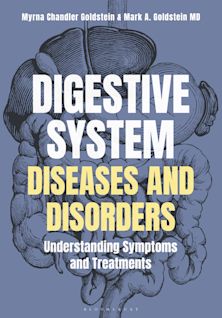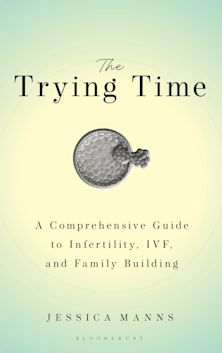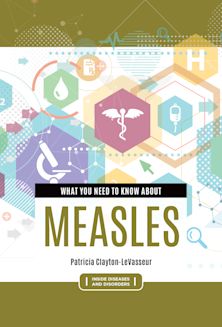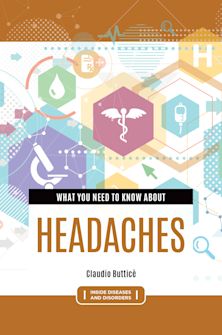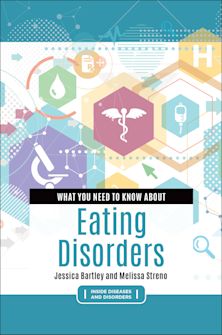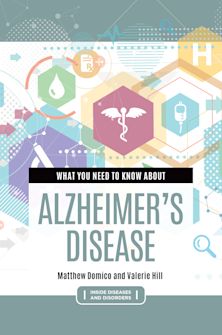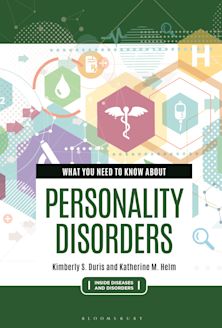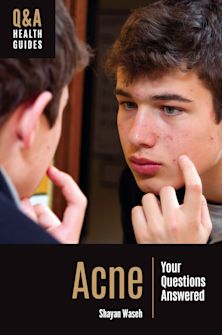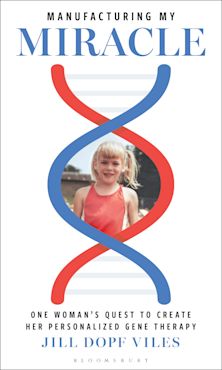Payment for this pre-order will be taken when the item becomes available
Description
Research suggests that approximately 15% of individuals worldwide have a learning disability. Discover the answers to common questions about this diverse group of conditions.
Part of the Q&A Health Guides series, this book offers a broad introduction to learning disabilities, the most common group of disabilities among children. The book's 52 questions cover the many forms learning disabilities can take, including difficulties related to writing, reading, math, language, and processing auditory and visual information. The book also explores how learning disabilities are diagnosed and addressed; the impacts they can have on academic and, later, workplace performance; and how those living with learning disabilities can reach their full potential.. Learning Disabilities: Your Questions Answered addresses these and other topics in a way that both celebrates diversity and acknowledges the many challenges that those with learning disabilities face.
Augmenting the main text, a collection of 5 case studies illustrate key concepts and issues through relatable stories and insightful recommendations. The Common Misconceptions section at the beginning of the volume dispels 5 long-standing myths about learning disabilities, directing readers to additional information in the text. The glossary defines terms that may be unfamiliar to readers, while the directory of resources curates a list of the most useful books, websites, and other materials. Finally, whether they're looking for more information about this subject or any other health-related topic, readers can turn to the Guide to Health Literacy section for practical tools and strategies for finding, evaluating, and using credible sources of health information both on and off the internet.
Table of Contents
Introduction
Guide to Health Literacy
Common Misconceptions about Learning Disorders
1. Learning disabilities are rare
2. Children with learning disabilities will grow out of them
3. Having a learning disability means you have low intelligence
4. Children with learning disabilities are always placed in special education classes
5. Having a learning disability means you can't do well in school or succeed in life
Questions and Answers
The Basics
1. What are learning disabilities?
2. Are there different levels of learning disabilities?
3. How common are learning disabilities and are diagnoses on the rise?
4. How long have learning disabilities been officially recognized?
5. What is meant by an “invisible disability” and how does this relate to learning disabilities?
6. Why do some people think that learning disabilities aren't real?
Causes, Risk Factors, and Symptoms
7. What causes learning disabilities?
8. Are factors like gender, race, or ethnicity associated with increased likelihood of having a learning disability?
9. Do the brains of people with learning disabilities differ from those without them?
10. What do we know about the connections between genetic makeup and learning disabilities?
11. How do learning disabilities commonly manifest in childhood?
12. How do learning disabilities commonly manifest in adulthood?
13. Are learning disabilities associated with low intelligence?
14. What do we know about sleep and learning disabilities?
15. What are some risks of ignoring the symptoms of learning disabilities?
16. What are some disorders and conditions that commonly co-occur with learning disabilities?
17. Are there other conditions that may have symptoms similar to learning disabilities?
Types of Learning Disabilities
18. What is dyslexia?
19. What is dysorthographia?
20. What is dysgraphia?
21. What is dyscalculia?
22. What is nonverbal learning disorder?
23. What are apraxia and dyspraxia?
24. What are aphasia and dysphasia?
25. What are central processing disorders?
26. Is ADHD considered a learning disability?
Diagnosing and Managing Learning Disabilities
27. How are learning disabilities diagnosed?
28. What are some successful educational methods that help students with learning disabilities?
29. What is an Individualized Education Plan (IEP) and how can it help a student with a learning disability?
30. What kinds of assistive technology is available for people with learning disabilities?
31. How are behavior modification techniques used to help people with learning disabilities?
32. Is cognitive behavioral therapy useful for people with learning disabilities?
33. Are prescription medications helpful in managing learning disabilities?
34. Can diet play a role in managing learning disabilities?
35. Will health insurance pay for the costs related to a learning disability, including testing and treatment?
36. Can learning disabilities be cured?
Living with Learning Disabilities
37. Should I tell anyone at my school that I have a learning disability?
38. What accommodations can be requested for students with learning disabilities, and how can I request them?
39. I'm a student with a learning disability-what can I do to help myself excel academically?
40. Can people with learning disabilities succeed in remote or online classes?
41. What are some good career paths for people with learning disabilities?
42. Should I tell my employer I have a learning disability?
43. What are some tips to help people with learning disabilities thrive in the workplace?
44. Are people with learning disabilities more likely to commit crimes than those without them?
45. Can people with learning disabilities play sports?
46. I want to join the military-is that possible if I have a learning disability?
47. What are some common social problems for people with learning disabilities?
48. How can a learning disability impact romantic relationships?
49. What does it mean to self-medicate, and why might it be harmful?
50. There are people in my life that don't believe learning disabilities are real. How can I help them understand that they are real and how they can affect people's lives?
51. Where can I find support to help me deal with my learning disability?
52. Who are some famous people who have disclosed that they have a learning disability?
Case Studies
1. Lucas Struggles with Elementary Reading Activities
2. Joe Feels Threatened by Changes in His Workplace
3. Alexis Finds It Difficult to Socialize with Her Adult Peers
4. Owen Struggles to Learn How to Use a Computer
5. Isabella Asserts Her Right to Use a Calculator on Math Exams
Directory of Resources
Glossary
Index
About the Author
Product details

| Published | Feb 19 2026 |
|---|---|
| Format | Ebook (Epub & Mobi) |
| Edition | 1st |
| Extent | 184 |
| ISBN | 9798765125366 |
| Imprint | Bloomsbury Academic |
| Series | Q&A Health Guides |
| Publisher | Bloomsbury Publishing |

















